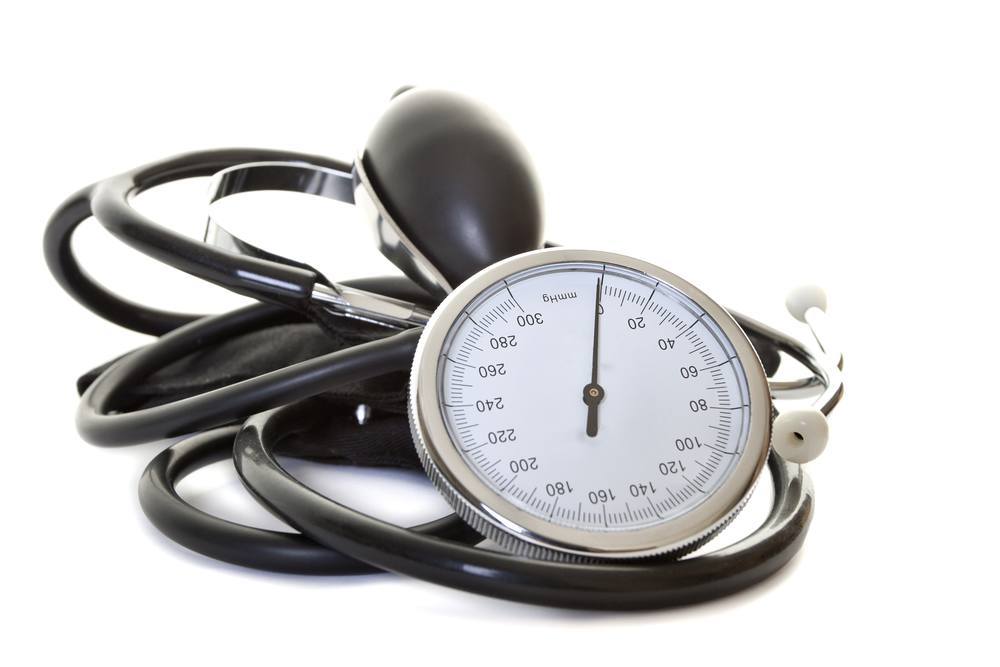In a study released last week by the American Heart Association, researchers found blood pressure swings may be linked to cognitive decline.
Blood Pressure Swings Linked to Cognitive Decline
This observational study published in the Hypertension Journal looked at data from 1,000 Chinese adults in the China Health and Nutrition Survey. Because it was an observational study, the correlations cannot be completely exact in its evidence.
The survey that they drew their observations from had participants’ blood pressure and cognitive tests. The cognitive tests assessed their memory with word recall and their ability to count backwards.
The participants that performed the worst on the cognitive tests were those whose blood pressure levels significantly changed between each doctor visit.
The Analysis
Blood pressure swings were more related to cognitive decline than just a high or low average of blood pressure. The results did not show a correlation between participants’ average blood pressure levels and worse cognitive test results.
The lead author of the study, Bo Qin, stated, “Blood pressure variability might signal blood flow instability, which could lead to the damage of the finer vessels of the body with changes in brain structure and function.”
A change in blood pressure throughout the day, even for healthy people, is normal. Blood pressure levels tend to be lower in the morning and then increase throughout the day. However, it’s the large swing in blood pressure that has been associated with heart attack, stroke, or death.
Doctors generally focus on average blood pressure levels, rather than the amount their blood pressure fluctuates. This study could change the way doctors and researchers track their patients’ blood pressure and cognitive health.
If you have blood pressure problems, be sure to track your blood pressure and talk to your doctor about any changes in your physical or mental health. Noticing changes in your mental and physical health can help prevent more serious risks like stroke, heart attack or death.
How to Control High Blood Pressure
If you want to reduce the risk of cognitive decline, then you need to get your blood pressure under control before it becomes a problem.
Fortunately, lifestyle habits play a big role when it comes to blood pressure levels, which means you can do something about it.
The following are some lifestyle changes you can make to lower blood pressure and reduce the risk of cognitive decline.
Lose Weight
Gaining weight goes hand in hand with increases in blood pressure levels.
How many pounds you weigh is not the only factor – waistline size also has an effect on blood pressure.
In general, men should ensure their waist doesn’t measure greater than 40 inches and women’s waist should be no greater than 35 inches.
Exercise
Plan to be physically active at least 30 minutes a day, 5 days a week, as it can help lower blood pressure levels – but it must remain consistent.
Some activities you can try include dancing, swimming, jogging, or simply walking.
High-intensity and strength training exercises are great, but even just walking goes a long way.
Healthy Diet
A healthy diet consisting of fruits, vegetables, whole grains, and low-fat dairy products can greatly benefit your blood pressure levels.
If it’s tough to get started, trying these tips:
- Keep a food diary and monitor what you eat
- Eat food rich in potassium
- Make a list and stick to it when shopping
By following these tips, you’ll be well on your way to controlling your blood pressure levels and reducing the risk of cognitive decline.

